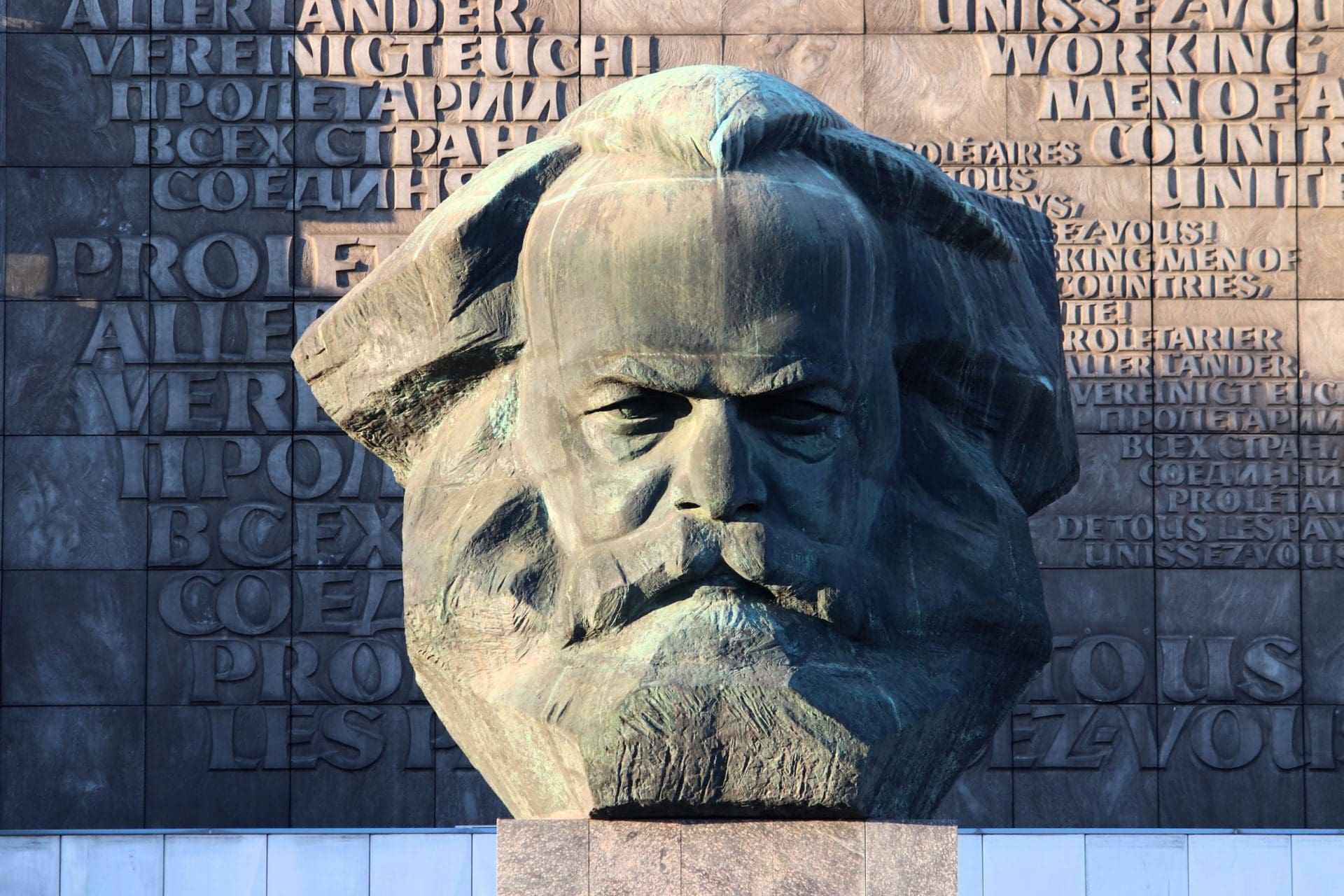One of the central tenets of Marxism is to eliminate inequalities. While some forms of inequality were indeed decreased by state socialist one-party systems in Central Eastern Europe, these regimes have also created and fortified new inequalities. Newly created inequalities and the remaining inequalities were blamed as the legacy of Capitalism. Their existence was hidden, and their study was discouraged. However, the deep and embedded inequalities of state socialist regimes should not be forgotten – their prevalence shows both the failure of any (Marxist inspired or otherwise) projects to eliminate inequalities as well as the fact that inequalities are naturally part of human existence.
While there were many types of inequality which were inherently part of state socialist regimes, there is only space here to review two: one which is unaccounted for in Marxist thought and another which springs from the structure of centrally planned economies. First, focus on the inequality which is an unaccounted part of Marxism from the very beginning. Part of Marx’s critique of capitalism is that inequality is created by physical capital. There are greater returns on physical capital than on human labour which gives an unfair advantage to capital owners. The situation is worsened by the fact that physical capital can be inherited, therefore, with the passing of generations wealth accumulates. It creates injustice as the capital owners are undeserving their ‘luck’.
The fact that free markets are meritocratic, and that meritocracy can be a source of just inequalities is largely unaccounted for in Marxist ideology
What this description of capitalism does not account for is the role of knowledge, skill and hard work – or in other words, Marx failed to predict that (the undoubtedly exploiting) early capitalist societies will grow into meritocracies. To an extent, meritocracy also depends on ‘unearned’ advantages – brain capacity for instance is an inborn trait – and therefore, from a Marxist perspective, it is an unacceptable source of inequality. On the other hand, hard work (which is an equally foundational element of meritocratic societies and a good predictor of success) is fully within the control of the individual – therefore, a legitimate source of inequality. The fact that free markets are meritocratic, and that meritocracy can be a source of just inequalities is largely unaccounted for in Marxist ideology.
Meritocracy is not only a defence of the free market, but also a demise of any structure which tries to build on Marxist thought. In every political and economic system there is a need for leading professionals – who ‘deserve’ a higher payment for their considerably bigger contribution to the common good. From this, Marxism based political structures are no exemption. The skill and knowledge of a few leaders created an extreme centralisation and concentration of power in Communist parties too. Have no doubt, the centralisation of power was a characteristic of Marxism inspired endeavours much before Lenin and Stalin came about[1]. Communist parties were highly centralised, with the ‘party elite’ making all decisions from accepting new members to the party’s financial decisions, controlling all aspects of the revolutionary movement. The centralisation of power taken to the extreme under the Soviet Union has led to an inequality between the centres of power (party elite, bureaucratic administration) and the people.
Recognising this inequality, Trotsky denounced the “degenerated workers’ state”, where the bureaucratic regime rules the nationalised means of production. He argued that the centralisation of power created a new class structure (bureaucratic regime versus the people) and that it is no different from the capitalist mode of production the revolution aimed to overthrow. What Trotsky did not see on the other hand, is that the inequality which gave rise to the bureaucratic regime (the skill and knowledge of some people to lead, while others just follow) is not something Marxism can overcome, as it is inherently part of human nature; and the creation of a New Soviet Man cannot change that. The existence of this inequality in itself reveals a shortcoming of Marxist ideology – its inability to account for skill, knowledge and hard work in relation to inequality.
This inequality of opportunities was no fault of their own, it was resulted by the sheer design of central planning, elevating some cities, while leaving behind other areas
A second form of inequality, regional inequalities between large industrial centres and rural areas are also an inequality state socialist centrally planned economies (predicated on Marxist thought) are unable to address. Centrally planned economies created industrial centres where better paying jobs cumulated. People who happened to live away from these centres were presented with fewer opportunities to prosper and usually had to waste much more of their free (unpaid) time travelling to their workplaces. This inequality of opportunities was no fault of their own, it was resulted by the sheer design of central planning, elevating some cities, while leaving behind other areas. For instance, “in 1980, Budapest, the capital of Hungary, offered approximately 23 percent of all Hungarian jobs, but almost 50 percent of all Hungarian jobs for university graduates and more than 80 percent of jobs for university graduates in the key branches of the communist system. If the capitals of the 19 provinces are included, then these 20 cities at the top of the urban hierarchy (0.64 percent of all Hungarian cities and villages, 35.4 percent of the population) almost had a monopoly of decision making and skills[2]”. The inequality favouring Budapest, and the people living in it, is yet another problem centrally planned economies could never even come close to solving (assuming the impossible, that it is possible to ‘solve’ this ‘problem’).
The inequality that persisted even under state socialism reveals inequality to be a much more complex phenomenon than Marxism had predicted; neither is it merely the consequence of capital ownership and property rights. There are inbuilt inequalities in nature as well as in humans. Humans are inborn with varying levels of ingenuity, strength and health – while our personal determination to work hard, seize opportunities and take risks in life also differ. All of these factors are potential sources of inequality, that is to say, not all inequality is humanly devised – some inequalities are naturally part of us and not ‘socially constructed’. In turn, different regions are endowed with different natural resources and geographical traits – while some regions are fit for being regional centres (e.g., due to their good transportation connections or availability of natural resources) and other places are not. These inequalities are also outside the control of humans, therefore, it is not possible to overcome them by bringing down institutions and destroying property rights.
[1] Meusburger Peter, ‘Spatial and Social Inequality in Communist Countries and in the First Period of the Transformation Process to a Market Economy: The Example of Hungary’, Geographical Review of Japan, Vol. 70, No. 2, (1997), 129p.
[2] Meusburger, ‘Spatial and Social Inequality in Communist Countries and in the First Period of the Transformation Process to a Market Economy: The Example of Hungary’, Geographical Review of Japan, Vol. 70, No. 2, (1997), 132–133.








